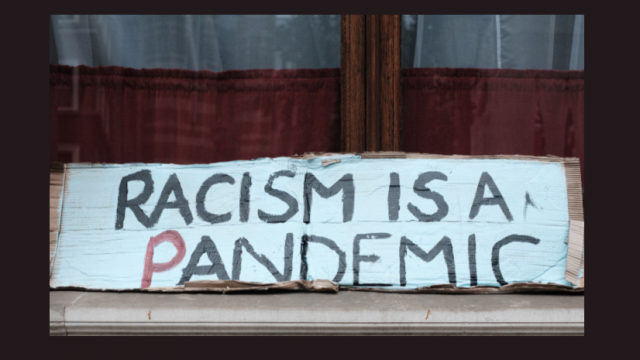
It took an act of racial savagery in Charleston, SC, in 2015, for the state government to remove the confederate flag flying over its capital. The Civil War ended in 1865. Still, the confederate flag, with the ignobility of 400 years of slavery, was still raised. Think about that. Some call it heritage, but there is no honor in slavery and no virtue in white supremacy.
The Nazis in Germany appropriated the swastika symbol, once revered in spiritual tradition, and forever stigmatized it to murder and genocide. You will not find a Nazi flag over any government building or public park. Neither would you find statutes of Nazi military leaders, nor any military bases named after a Nazi officer. You have to go to a museum to see it and its brutal legacy. It didn’t take them 150 years to do that.
It would be painful and traumatic, as a Jew, to stroll through a public park and see any one of these Nazis glorified. I’m sure it’s equally painful and traumatic for African Americans, likewise, to pass and observe these monuments of slavery and white supremacy knowing that their ancestors were victims of this horror. Same with military bases that are named after prominent confederate figures. In the year 2020, this is an issue that, one would hope, could unite this country. But no, it will take further protests to achieve some long overdue progress.
Of course some may believe this is less substantial an issue than the institutional racism that afflicts most aspects of this society. I get that. But if we can’t even get beyond the symbols of racism, how will we ever make progress on any of these other issues.
Hi Jeff,
As usual, a very germane and enlightened perspective. I believe we also see this symbolism in various fictional movies and literary works romanticizing the Civil War and Reconstruction eras and associated cultural themes. Although it sadly exists in some segments of society, one is harder pressed to find this convenient rationalizing of “defending the heritage” and “preserving the lifestyle” related to the atrocities of Nazism. Thank you for sharing this sage musing.
Respectfully,
Wayne Sanner
Thanks Wayne. You make good points. Hope all is well.
Jeff
Thank-you Jeff for this very poignant view on institutional racism. Hope you are well and I sure do miss seeing you , Judith and all our buddies.